The UK and New Zealand, at first glance, are vastly different countries. In location, in landscape, in people, in customs, in business. But there is also much shared by the 2 nations, not least a similar value set.
Yet the UK and New Zealand experiences of the global Covid19 crisis have been starkly different.
Why?
That is what I wanted to find out. So, I set up a conversation across the 11,500 miles with 2 experienced New Zealand business representatives, to uncover why our early experiences of the impact of the Covid19 crisis on businesses has been so different.
Our goal?
To become more informed about what has worked, and what has not, to enable more informed decisions to get through to the other side of the global crisis.
My sincere thanks go to Michael Pearson and Ben Reid for their time and rich contributions to our conversation.
Here are the 4 key observations we found.
·
1. Speed & clarity, enabled through resilience made lockdown an easier transition in NZ
2. NZ Businesses built on their existing ‘BCP’ to keep going (Business Continuity Planning).
3. The different style of government communication played an essential role in the effectiveness of the NZ government’s Covid19 framework
4. A prevailing culture of pessimism (in the UK) versus one of optimism (in NZ) continues to differentiate the levels of success in dealing with the pandemic
As we continue to move through the pandemic experience, here’s hoping that we can be more mindful of what we have seen works, and what doesn’t work, to get the economy back on the road to recovery.
Speed & clarity, enabled through resilience made lockdown an easier transition
· New Zealand (NZ) experienced a very rapid transition to full lockdown, with a clear explanation of all levels of the lockdown stages before the lockdown began. This was quite different from the UK’s approach.
· After ensuring family safety, New Zealanders reaction was characterised by resilience, developed over previous crisis including the Christchurch earthquake, a massacre and volcanic eruption
· NZ businesses spent the initial 3 – 5 days following the start of lockdown ‘figuring stuff out’. Bu they then moved very rapidly to working virtually.
· Those NZ businesses not already digitally enabled struggled to enable staff to work remotely, but even those will resume a hybrid model rather than go back to what it was.
· A key difference was that many NZ businesses had previous run repeated exercises with people practised working from home
NZ Businesses built on their existing ‘BCP’ to keep going – Business Continuity Planning
· ‘Business Continuity Planning’ BCP ‘ has been in the daily business language much more openly than in the UK business language where the focus has been elsewhere.
· Most NZ government departments invested in BCP following the Christchurch earthquake 10 years in readiness for other disasters
· South Korea and Taiwan were very well prepared with BCP due to SARS a few years ago.
· In contrast, the UK has not had the same level of disasters that forced more in -depth BCP. So very little is still knows about the overall level of Government BCP, let along business BCP.
· The New Zealand borders were closed at the very outset of the pandemic. They currently remain closed. The UK border’s have never been closed.
A different style of government communication has played an essential role in the effectiveness of the NZ government’s Covid19 framework
· Different in style, in terminology, and in cross-generational appeal from all previous government communication approaches
· It delivered a technocratic response, built on a pandemic data model with exceptionally good communications around it using different channels from previous generations of government leaders
· The NZ Prime Minister use a range of social media channels, including daily Facebook messages, to appeal to younger generations, enabling high compliance by younger generations
· An empathic communication style adopted by the Prime Minister, linked with a clear framework meant that people, especially businesses, had a good sense of what was going to come from the outset.
· The empathy, and engagement built a sense of trust in the engagement between government and the population in the NZ that has not transpired in the UK
· Using the simple and clear ‘Bubble’ terminology to explain what is, and is not, safe in terms of contact at work or at home meant people knew what to do. Confusion continues in the UK.
· Even UK doctors did not understand the government guidance fully due to its ambiguity
A prevailing culture of pessimism versus one of optimism
· The UK has had 5 years of Brexit process trauma.
· The UK’s economic backdrop is also based on 10 years of an austerity message
· NZ has not faced austerity since the 2008 Global Financial Crisis. It is approaching the end of Covid19 with optimism.
· But NZ is playing a significant catch up game in terms of e-commerce, having seen the return of milkmen and milk bottles in rural areas during the lock down.
· NZ business are now actively calling out the need for an overarching country framework. With a 3-year election cycles in NZ (rather than the 5-year cycle in the UK) NZ citizens naturally consider that their politicians will work to a longer term strategic view that will continue to be implemented by successive governments in NZ. The opposite is true in the UK.
· Politics is much more consensus-based than adversarial based in NZ. Whilst reinforcing collaboration, it can challenge speed of decision-making. So what will the political will be in each country to make the big decisions needs going forward?


